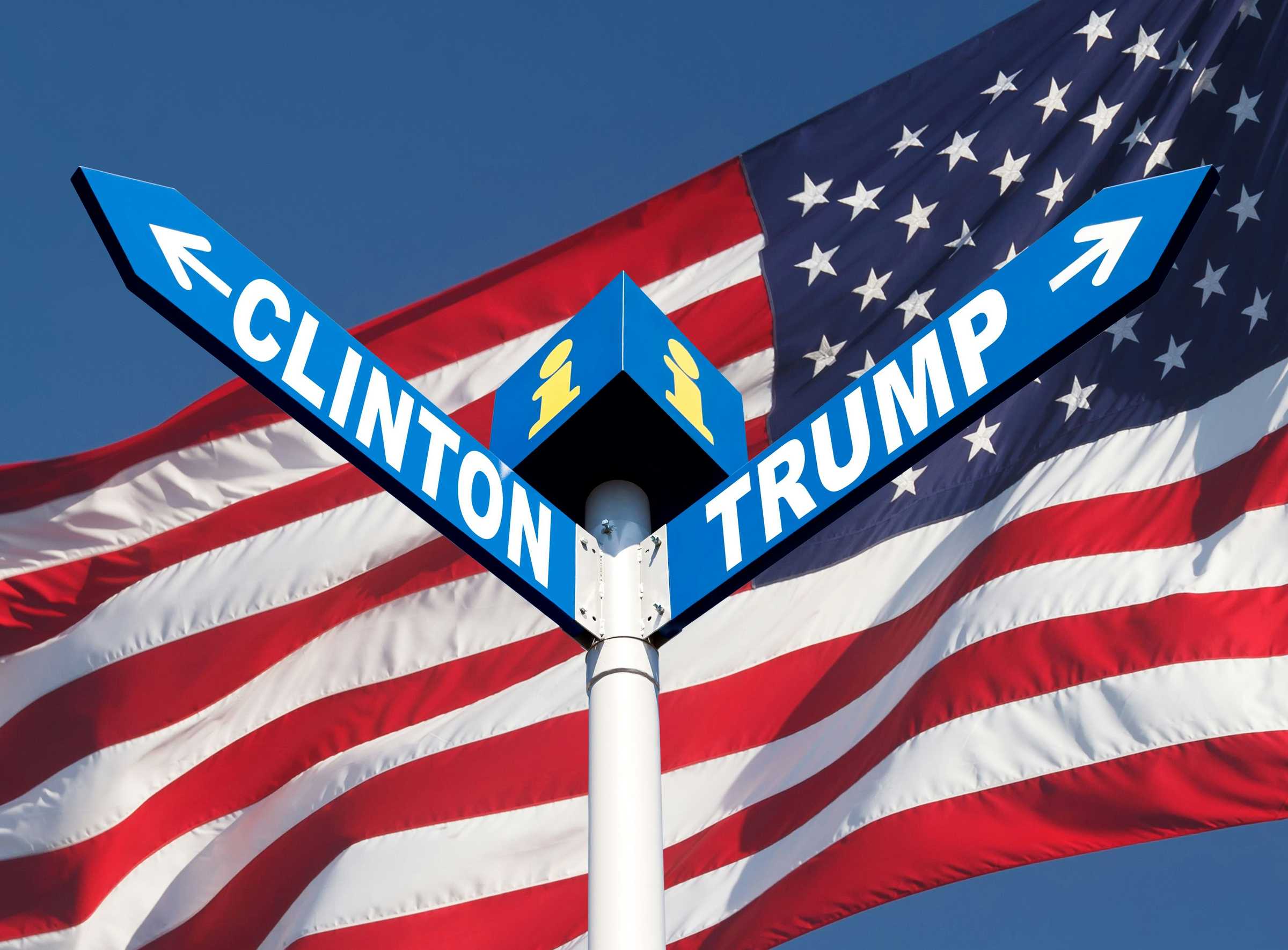Donald Trump’s upset victory has sent aftershocks across the world, as the US elected the real estate billionaire over Hillary Clinton. Political and economic pundits are scrambling to predict what effects a Trump presidency might have in store for both the local US economy and countries around the world. Given the unpredictable nature of his campaign, this has meant that obtaining a view of this is a difficult task. Nonetheless, the markets have responded to the election, and the results are worth interpreting, as America moves in a new direction.
Promising that his victory would be a similar upset to this year’s Brexit, Trump’s victory this saw a similar plummeting in the value of the American dollar and the stock markets worldwide. The peso plunged 13%. The yen fell 4% overnight. The FTSE 100 fell 2% on opening.. Collectively, the world’s wealthiest individuals lost bn. A Trump presidency was interpreted positively by groups most likely to profit, pharmaceutical companies, coal companies and the Corrections of America operator all witnessed soaring gains. Healthcare firms plunged, as Congress will look to repeal the Affordable Care Act. However, many investors were buoyed by Trump’s announcement of plans for infrastructure plans, translating to huge gains for manufacturing firms. Following these overnight losses, and calls from world leaders, including Trump, for stability, the US dollar subsequently rose. The S&P and Nasdaq then opened up 1.1%. History shows that transfers of power have been known to trigger these positive rises.
What does this mean for the American economy? One can look to the likely appointments to his government as an indication of the policy directions for the next four years. A likely appointment for treasury secretary is former Goldman Sachs banker Steven Mnuchin. Trump has spoken publicly on the topic of repealing the Dodd Frank Act, regulation that sought to limit the financial institutions following the Global Financial Crisis of ‘07-‘08. Markets doubt, however, that he will follow through with proposed trade tariffs on China and Mexico. Credit rating agencies have nonetheless been warning that any of Trump’s proposed tax cuts would have a negative effect. Such immense cuts would likely be met with a filibuster of Democrats in the Senate, being their sole recourse now that the Republicans have effective one party control of the government.
What does this mean for alternative finance? Crowdfunding emerged as an alternative to traditional finance – it represented a new wave of democratic financial institutions, by the people, for the people, wholly independent of governmental or institutional restrictions. Alarmingly, technology shares slumped, as many tech companies in Silicon Valley hire skilled migrants from abroad.
What’s more, the democratisation of finance is a concept and practice that extends beyond political upheaval – born from an economy in flux, it has thrived owing to its cross-border appeal and rejection of conventional norms. As it continues to provide access to a typically private end of the market, equity crowdfunding marries diverse investor types to restore the power of the economy and our startup sphere into the hands of mum and dad investors. Skepticism of the existing financial framework may push entrepreneurs and investors to look to alternatives, and that alternative may be equity crowdfunding.
